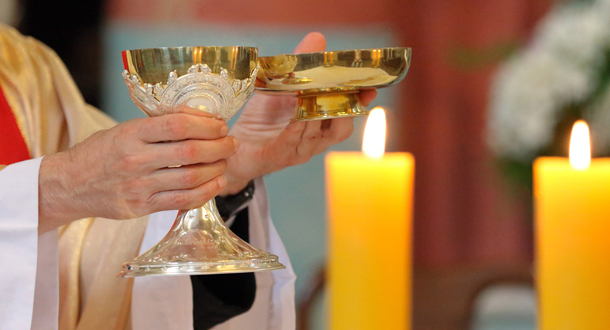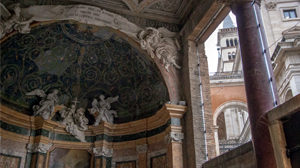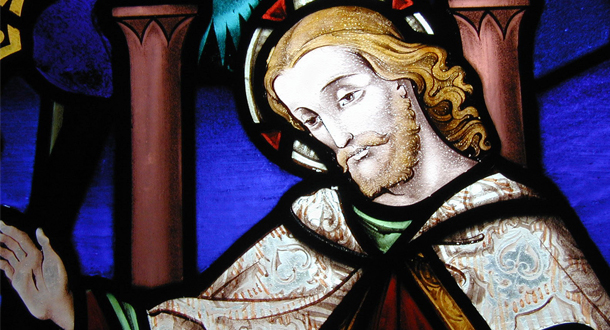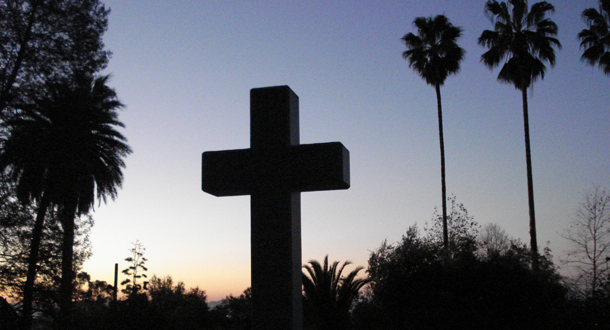 Scripture:
Scripture:
Titus 2:1-8, 11-14
Luke 17:7-10
Reflection:
Today’s Gospel reading feels a bit hard to understand at first glance—at least to me. I asked myself exactly what it has to say to us in the context of this past week. As I sit and ponder these Scriptures, I see our San Gabriel Mountains through a light haze of smoke from the fires about 40+ miles to our west. The change in direction of the wind makes breathing outside difficult. We wait in hopes of a directional shift later this afternoon. Throughout the state of California this week, people have lost homes and now we hear about lives lost. Sadly, in addition, more lives were lost because of senseless violence in Thousand Oaks; while the national scene seems to grow more polarized each day.
The three verses from St. Luke which we hear proclaimed are situated between the apostles request of the Lord to “Increase our faith” (17:5) and the “cleansing of the 10 Lepers” (17:11-19). In both cases, faith is the central theme with praise and gratitude added in the latter story.
Jesus continues to make his way to Jerusalem as he invites the apostles to reflect on the expectations of a servant in that society. St. Paul touches on this idea of expectations of the wider Christian community in his letter to Titus. The norms of the Mediterranean world were clearly understood, adhering to the Code of Conduct was expected, and failing to do so would bring dishonor to your community. There was no rugged individualism in this world. Yet, to live as a Christian made your actions especially significant as it spoke to your values and your obligation to your faith community as well as your commitment to living out the Gospel in every aspect of your life. Jesus’ mention of “unprofitable servants,” who have fulfilled their obligation certainly gets my attention. Does he challenge us to go beyond what is required? There is no cause for celebration when we are only doing what is expected—no patting ourselves on the back with a “well done.” Especially when it is only by God’s grace that we can do anything at all.
It’s humbling to be reminded that we can do nothing without God’s grace at work in our lives. Even when we work on nurturing that grace and doing all the “right things” it is still only by God’s blessing.
Does our obligation to be his servant stretch us beyond what we think we are capable of in our daily lives? What does our idea of being his servant mean to me—or to you? It must be more than obligation! Our call to serve must rise out of our desire to bring God’s love and mercy into the world in concrete ways. How does this scripture speak to me today in the context of my life? In the context of yours? For, it is NOT about us and our obligations at all. It is only by grace that we are touched—infused, with the fire of the Holy Spirit. Come Holy Spirit and bless our world today.
Jean Bowler is a retreatant at Mater Dolorosa Passionist Retreat Center in Sierra Madre, California, and a member of the Office of Mission Effectiveness Board of Holy Cross Province.

 Scripture:
Scripture: Scripture:
Scripture: Scripture:
Scripture:
 Scripture:
Scripture: Scripture:
Scripture: Scripture:
Scripture: